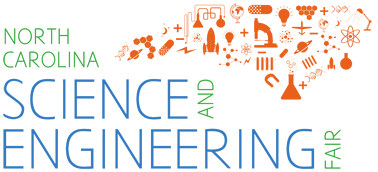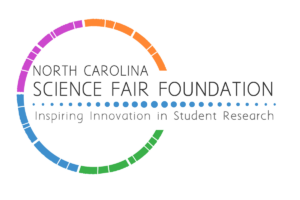How should my student/child begin to do a Science Project?
(Adapted from Kelley Dinkelmeyer, Director of the WCU Regional Science & Engineering Fair)
- First of all, keep in mind the following – this is about the children learning.
- The majority of students will NOT
- win a prize
- advance to the regional or state level of the fair
- win a scholarship
- grow up to be scientists (statistically speaking)
- BUT, students WILL:
- learn to work independently
- learn and appreciate the process of science
- have adults speak respectfully to them about work that they did
- learn some things about making a presentation
- have fun! Remember: Science is a PROCESS, not an end result.
- One important point – the child should do the work. There is nothing wrong with answering questions or pointing someone in the right direction, or with the child having an adult mentor. But the project should be at the level of understanding of the child – it is tempting to take over and “fix” or “add” things, but your child will learn more by doing it him/herself. (It’s also completely obvious to judges when the parent did the work!)
- Step 1 – What is your child curious about/interested in? Always plays minecraft? Ask her/him how you could find out how many cement blocks high a building could be before the bottom crumbled. Or how you can make a building resistant to earthquakes. Loves animals? What type of fur keeps an animal warmer or is more water-resistant?
- There are “canned” projects that are already done online/in books (just google “science fair ideas”). If your child has no idea how to start or “do” a project, these can be helpful. Your child could do the exact project, but a better thing to do is use these as inspiration and change it to suit your child’s interests.
- NASA put together some very good and easy-to-understand videos about how to do a science project. I highly recommend them, and you can sit with your kids and watch them together!
- Have your child talk to his/her science teacher! Find out
- Is the project I am considering OK?
- Do I need to fill out forms? (NOTE – THIS IS A VERY IMPORTANT STEP! IF YOUR CHILD ADVANCES ON TO THE REGIONAL/STATE LEVELS, SOME FORMS MUST BE FILLED OUT BEFORE WORK IS DONE.)
- Are there requirements for the presentation? (Is a certain size of poster board required? Does it have to be typed?)
- Can I get help during/after school if I need it?
- Practice talking with your child about his/her project. (They will have to do this during judging.) Be sure to stress that the judges are truly interested in what they did, and that they love to talk about science! Here are some sample questions you could ask:
- How did you come up with the idea for your project?
- How did you figure out how to conduct the study (i.e., experimental design)
- What were your main challenges?
- Explain more about what you did (methods)
- Was your hypothesis supported or refuted? (Too many students think that the aim of science is to prove their hypothesis right!)
- What new questions do you have as a result of your work?
- How could you try to answer these new questions?
- What new things did you learn about doing science/engineering?
- What would you do differently if you could do your project again?
- What happens if your child wins and goes on to the regional fair?
- Visit the Forms page there you will find links to forms you will need to fill out. Ask the science teacher for help!
- You will need to go through the “forms wizard” to see what forms you actually need.
- If your child wins at the regional level, they will go on to the state level! This involves a trip to Raleigh. Winners there go on to compete nationally.

